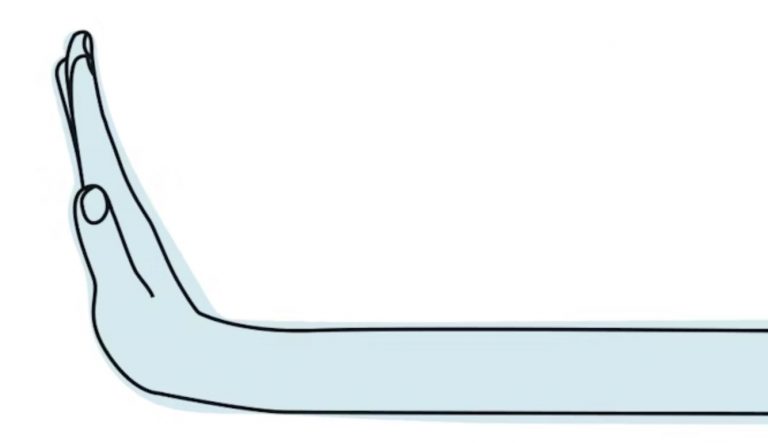
When we make decisions, our thinking is informed by societal norms, “guardrails” that guide our decisions, like the laws and rules that govern us. But what are good guardrails in today’s world of overwhelming information flows and increasingly powerful technologies, such as artificial intelligence? Based on the latest insights from the cognitive sciences, economics, and public policy, Guardrails offers a novel approach to shaping decisions by embracing human agency in its social context.
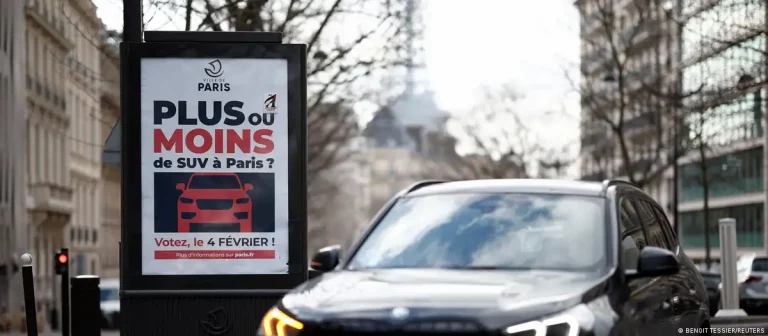
In a context of economic and geopolitical flux and volatility, a more in-depth human-centered design approach is now more necessary than ever, as it helps forward-looking companies to anticipate and be prepared for rapidly changing futures beyond the next six months.
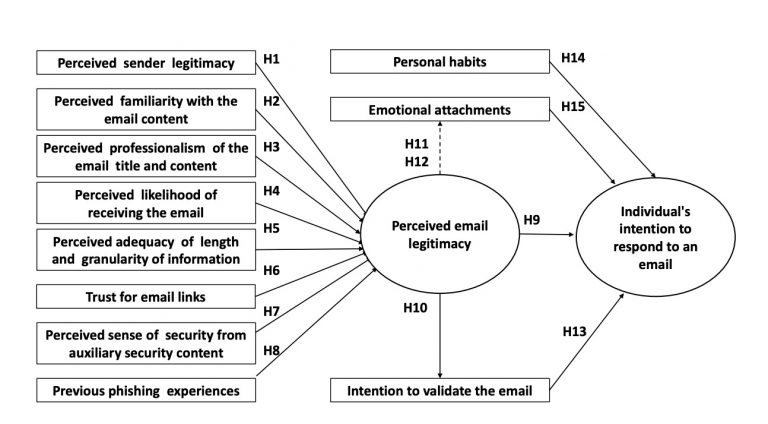
This paper features an in-depth investigation on how people make email response decisions while reading their emails. The authors proposed five concrete enhancements to state-of-the-art anti-phishing education, training, and awareness tools to support users in making safe email responses.
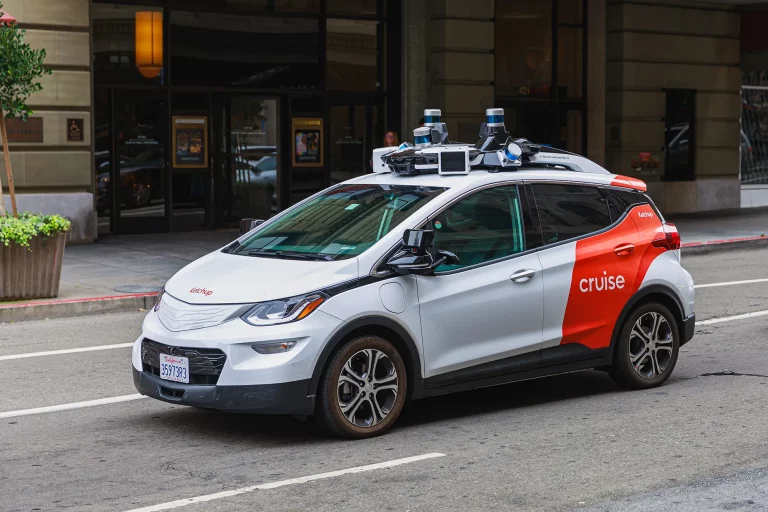
Trust depends on perceptions of whether sociotechnical systems are seen as beneficial and well-governed as well as whether they work as their designers expect.

Sludge is friction through unnecessary red tape. Cass R. Sunstein wrote a book about it and the OECD is currently exploring the contribution that behavioural science can make to service design by partnering with the Government of New South Wales (NSW) in Australia to reduce unjustified frictions in citizens' interactions with government.

In an article for Communications of the ACM, David Geer explains how the U.S. Defense Department uses cyberpsychology to get into the minds of attackers to better understand how they think and act.

This book by Experientia president Michele Visciola puts forward a new paradigm to understand and implement Sustainable Innovation (SI). Innovation without sustainability leaves out large swathes of the population or generates maladaptive or misappropriate behaviors.
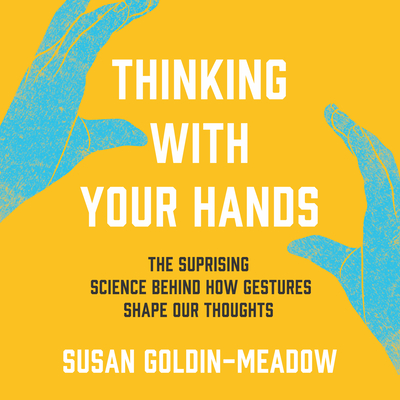
In Thinking with Your Hands, esteemed cognitive psychologist Susan Goldin-Meadow argues that gesture is vital to how we think, learn, and communicate.
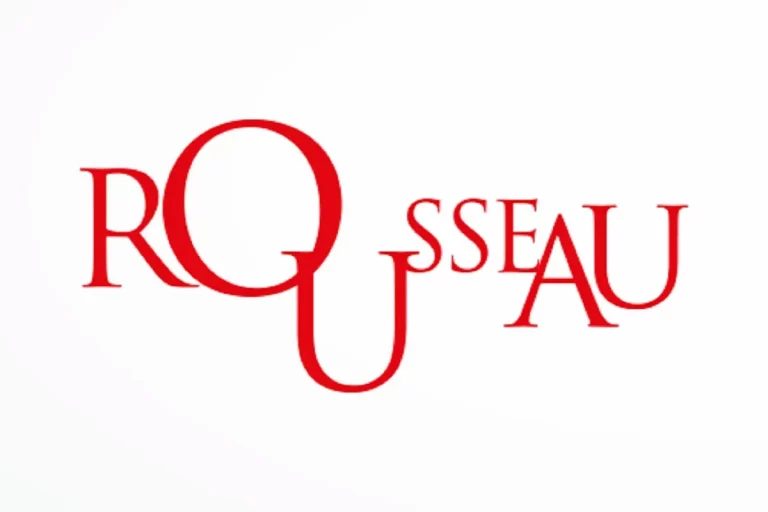
The online voting platform that was used by Italy's Five Star Movement to select the candidates for the 2013 parliamentary elections didn't take account of human decision heuristics and cognitive shortcuts, research shows.
Candidates were more likely to attract votes if they appeared towards the top of the screen and if they appeared more likeable from the self-uploaded picture.
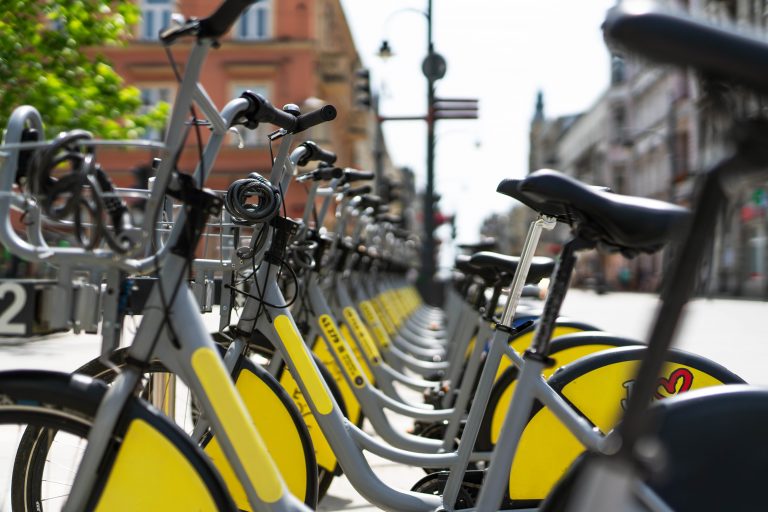
Six reports on behavioural change and energy use: potential impact, obstacles, the role of policy makers, and how to best communicate to citizens.

The objective of this guide is to provide a practical, step-by-step outline on how to run a simple BI project.

To live up to its mission of understanding the representational and computational capacities of the human mind, cognitive science needs to broaden the linguistic diversity represented in its participants and researchers.
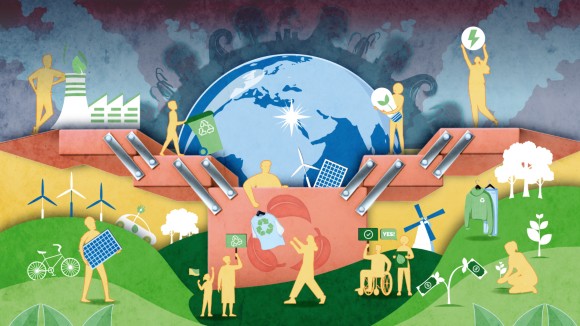
This Focus of Nature Magazine, a collaboration between Nature Human Behaviour and Nature Climate Change, features a broad range of Review and Opinion content on the role of human behaviour in adaption to climate change and mitigation of its negative consequences.

“All research is qualitative; some is also quantitative”
Harvard Social Scientist and Statistician Gary King
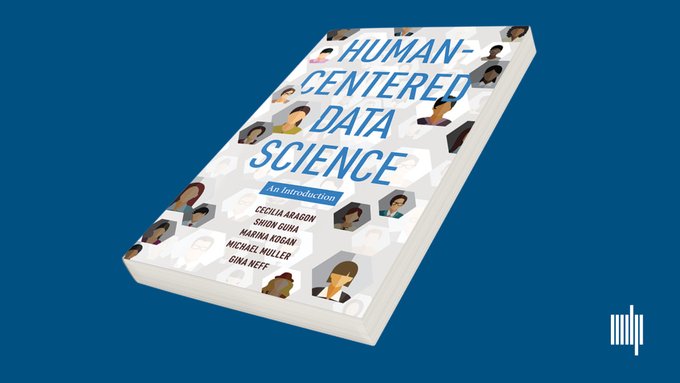
Best practices for addressing the bias and inequality that may result from the automated collection, analysis, and distribution of large datasets.
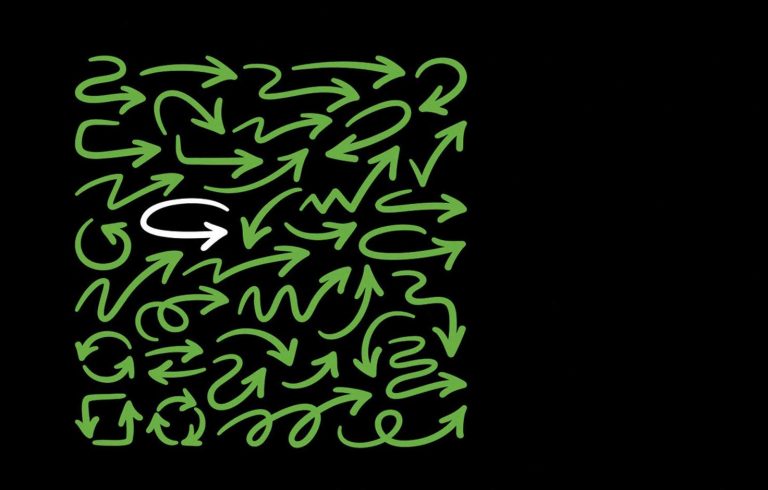
The definitive introduction to the behavioral insights approach, which applies evidence about human behavior to practical problems.

Many behavioral scientists propose and test interventions that attack policy problems by seeking to change individual behavior (adopting an “i-frame”) rather than the system in which they operate (an “s-frame”). Such i-frame interventions, which typically have small or null effects, reduce support from more effective systemic actions (such as regulation and taxation). For this reason, researchers advocating i-frame solutions may have unwittingly helped promote the interests of corporations who oppose systemic change.
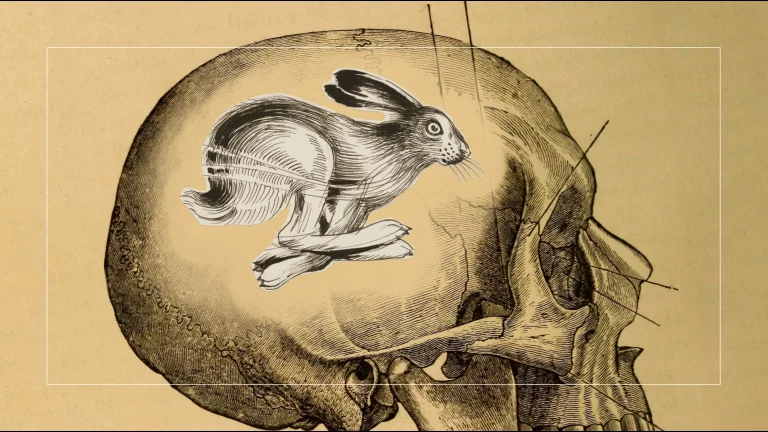
People believe that slow and deliberative thinking is inherently superior to fast and intuitive thinking. The truth is more complicated.

The latest IPCC report on the Mitigation of Climate Change has a lot of meat in it for those engaged in human-centered design, behavioral change strategies, and behavioral sciences.
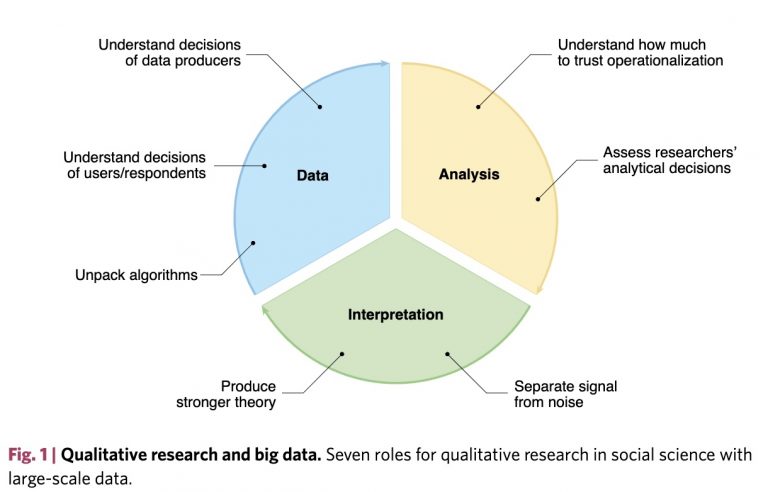
Although large-scale data are increasingly used to study human behaviour, researchers now recognize their limits for producing sound social science. Qualitative research can prevent some of these problems. Such methods can help to understand data quality, inform design and analysis decisions and guide interpretation of results.




















